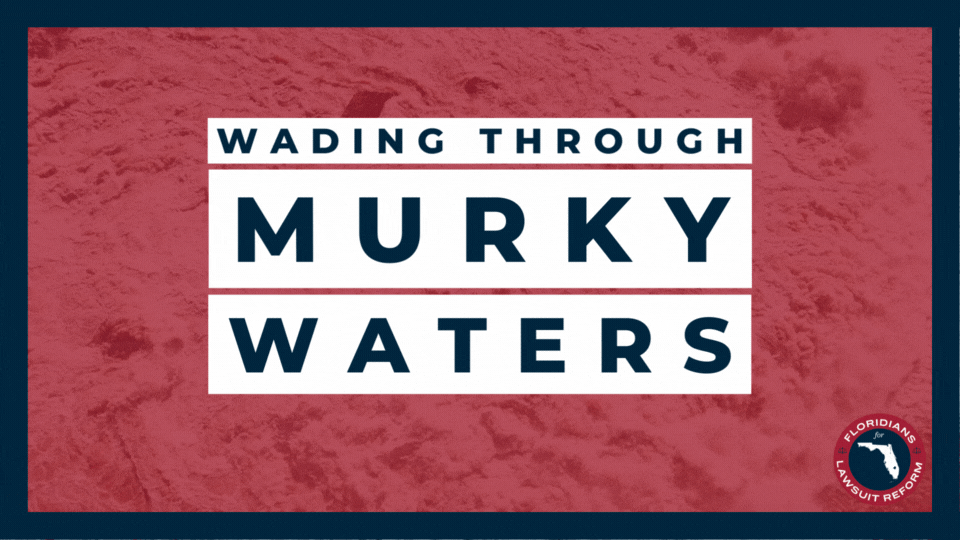
by Caden DeLisa | Mar 14, 2023
- Michael Yaworsky faces a challenging mandate as the newly appointed Commissioner of the Florida Office of Insurance Regulation due to the insurance industry’s upheaval.
- Multiple companies withdrawing from the market have reduced competition and increased premiums for homeowners and businesses in Florida.
- Pending legislation on tort reform adds complexity and uncertainty to Yaworsky’s role as regulator.
- Yaworsky’s pledge is to promote a stable and competitive insurance market for all Floridians while navigating hurricane damage and litigation costs.
Michael Yaworsky’s recent appointment as Commissioner of the Florida Office of Insurance Regulation (OIR) has placed him at the forefront of a highly dynamic and complex landscape. With the insurance industry in a state of flux, characterized by a significant number of companies withdrawing from Florida and multiple challenges surrounding property insurance, Yaworsky faces an arduous task.
Yaworsky, nominated by Gov. Ron DeSantis, has served as the interim since February. He was officially appointed as the Commissioner on Monday and committed to promoting a stable and competitive insurance market upon his confirmation.
“Florida’s insurance market is one of the largest in the world and plays a vital role in our state,” he said following his appointment. “As Insurance Commissioner, I look forward to ensuring OIR remains steadfast in our commitment to promote a stable and competitive insurance market for all Floridians.”
Yaworsky has inherited a murky marketplace, however, as Florida’s insurance market has been in a state of upheaval for the past two years. In 2022, nine major insurance writers withdrew from the state, with Southern Fidelity being ordered into liquidation, leaving 80,000 homeowners scrambling for new coverage. Similarly, Weston Property Casualty Insurance was placed into receivership, leading to the cancellation of all policies it wrote.
Meanwhile, in late August, United Insurance Holdings Corp., with over 200,000 policies, announced its plans to pull out of Florida. These developments have led to reduced competition, fewer choices for policyholders, and increased premiums, placing pressure on homeowners and businesses alike.
In a special session late last year, lawmakers approved legislation to address the ongoing property insurance crisis, which they claim was primarily spurred by excessive lawsuits. Senate Bill 2D, adopted last December, sought to reduce frivolous litigation by reserving attorney fee multipliers, requiring proof that an insurer breached its agreement with a policyholder before a lawsuit can be filed, and preventing insureds from transferring their unilateral right to receive attorneys’ fees to contractors. At the time of its signing, Florida homeowners paid nearly three times higher than the national average for home insurance, according to the Insurance Information Institute.
Despite the wide breadth of the bill, it failed to show immediate results, leading House Speaker Paul Renner to take on House Bill 837 as a legislative priority. The bill seeks to impose limitations on lawsuits to make it more difficult for Floridians to take legal action against insurance companies.
The bill includes several provisions that, if adopted, would impact the state’s litigation environment, including a significant limitation on fee multiplier incentives. Lawyers would additionally no longer be able to collect higher fees through claims of bad faith on the part of insurance companies. Verdicts in negligence cases will “be fairer,” according to Renner, as fault assessment will be tweaked and juries will be provided with more details in medical cases.
Moreover, the legislation seeks to reduce frivolous lawsuits and threats of litigation by eliminating one-way attorney fees that have the potential to incentivize claims. Following a proposed and adopted amendment to the bill during a recent subcommittee hearing, its purview would decrease the statute of limitation in litigation cases from four years to two years.
Citizens Against Lawsuit Abuse pledged support for the measure last month, asserting that the legislation “[offers] bold and strong reforms to tackle some of the major cost drivers of the Property Insurance crisis.” The Associated Industries of Florida also backs the bill, stating that it will “help stop trial attorneys from filing countless frivolous lawsuits and raising costs for consumers.”
Global reinsurance rates, which have risen sharply at the start of the year, present further issues, according to Artemis. The publication writes that the increases have led to concerns over the potential for even higher pricing and more burdensome terms and conditions, particularly for homeowners and commercial property insurers.
To offset some of these costs, some insurance companies in the state are turning to hurricane deductibles. First reported by Artemis, American Traditions Insurance Company already informing agents and partners that a 5 percent deductible will be enforced on certain policies.
Yaworsky will also have to navigate the minefield of a post-Hurricane Ian Florida. The Category 4 storm wreaked havoc on large swaths of Southwest Florida’s coastlines, culminating in more than $112 billion in damages, with expectations that recovery efforts will establish it as one of the costliest in the state’s history. As reported by WUSF, total damage costs for Ian are expected to surpass $60 billion, with close to $20 billion expended on litigation alone.
